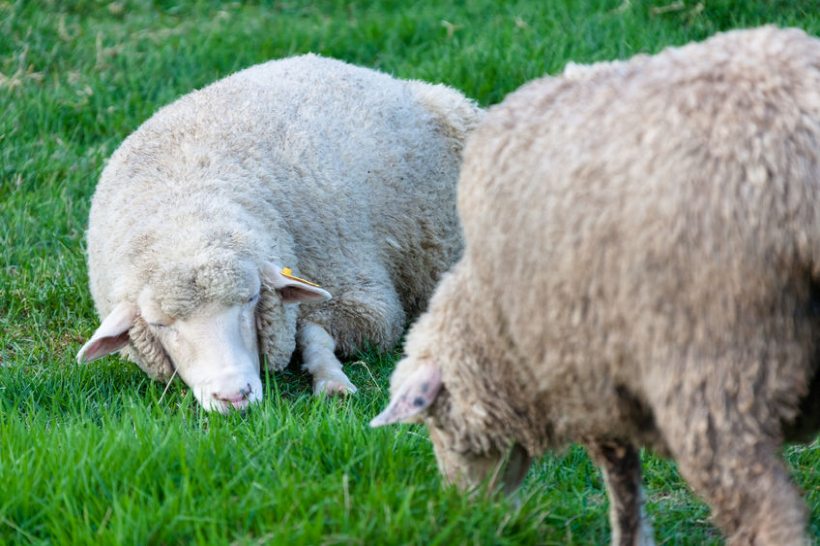
A rise in livestock theft triggered by the cost of living crisis means farmers should be checking that they are adequately insured, an expert has warned.
Insurance broker Lycetts fears an epidemic of rustling by criminals keen to exploit the financial crisis could put farmers’ livelihoods in jeopardy.
In recent weeks, 116 sheep were stolen from a farm in Kent, costing the farmer £17,000.
Farmers face many risks and insuring against livestock theft is often not a priority for them, Lycetts says.
Some decide against insuring their entire herd or flock to keep premiums down, but if they are targeted by rustlers, the financial impact of underinsurance could be 'crippling'.
Louie Rose, who farms sheep in the West Midlands, is a recent victim: “They took more than 60 sheep. If I hadn’t been insured, I would have been forced to close the business,” he said.
“The number of sheep stolen suggests this wasn’t an opportunistic theft but a highly organised operation.”
He is the latest in a growing number of farmers to have fallen foul of sheep thieves.
James Treverton, of Lycetts, said livestock grazed or kept some distance from buildings was at particular risk of theft.
He said identification was not only essential as proof of ownership, it could also act as a visible deterrent.
"Tattoos, microchips, freeze branding, DNA marks and ear tags, are straightforward ways of demonstrating ownership," Mr Treverton said.
“Security measures should be thoroughly checked to ensure that gates and fences are in a good state of repair, locks are secure and CCTV cameras, sensors and lighting are all in working order."
Furthermore, farmers should remember to keep an accurate and up-to-date record of all their livestock, he explained.
“With insurance, it’s important not to take anything for granted, so always check the small print.
"Some policies contain exclusions, and cover for theft may be an optional policy extension. It’s all too easy for farmers to find themselves unwittingly underinsured.”
